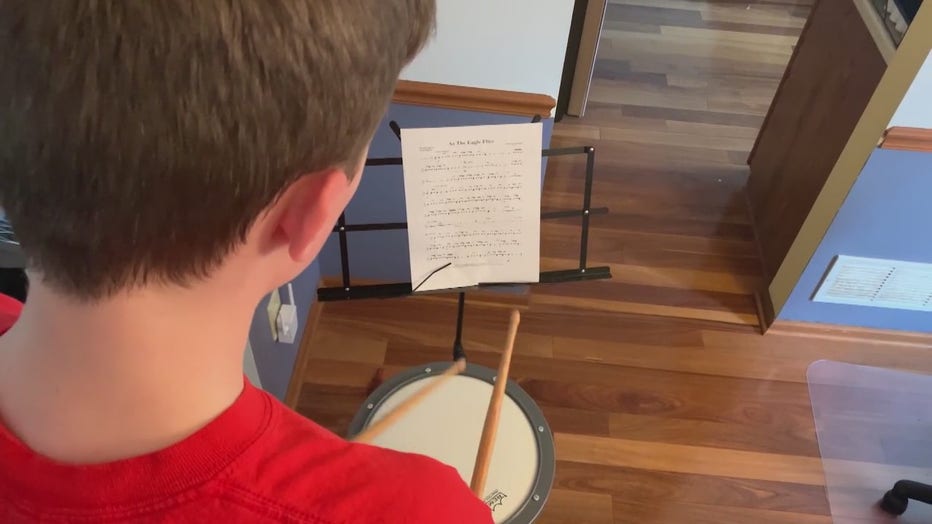Stay, shift and seek: 3 tips for helping students cope without sports, extracurriculars this school year
(FOX 2) - Students used to being busy with sports and extracurriculars may feel like part of them is missing this school year as COVID-19 continues to change if and how these activities will happen.
Even for those that resume in some capacity, it will be tough for athletes to compete in empty stadiums, musicians to play in vacant rooms and actors to perform to empty seats. To help kids and adults cope, think of these three S's: Stay, Shift and Seek.
James Houle works with college athletes as a sports psychologist at the Ohio State University Wexner Medical Center and says their routine and identity is deeply rooted in their sport. And from limited practice and play to empty arenas and stadiums, life as they know it is unfamiliar territory.
"Their way of being has been uprooted," he said.
This isn't just true for athletes, but musicians, actors - any student that invests their time and energy into extracurriculars they love. Houle says to help you through it, follow the three S's.
First, rather than focusing on what you're missing out on, "Stay" in the present moment.
"When we live our life day to day, right here, right now, we tend to be happier, even if it's a horrible situation," he said.
Next, "Shift" your focus. You can't change the situation, but you can change how you react to it and still move toward your goals. Take some solo time working on your skills or find another interest to fill your time.

"Kind of catching your mind going to all this uncertainty, and come back to, 'Well, what can I do right now?' You know, and that finding joy in other new avenues can bring a lot of solace during a time of uncertainty."
Finally, "Seek" connections to talk about your struggles. At Ohio State, teams continue to meet virtually and Houle often joins these meetings to ensure athletes are getting the support they need.
"We want them to know that they're not alone and they have a shared experience," he said.
Experts say keeping a schedule, even if there's not as much on it, is good to maintain structure.
It's also important to keep tabs on your mental health, and if you notice changes in your sleep pattern, appetite or general anxiousness, it's a good idea to speak with a counselor who can help you find ways to cope through these uncertain times.

